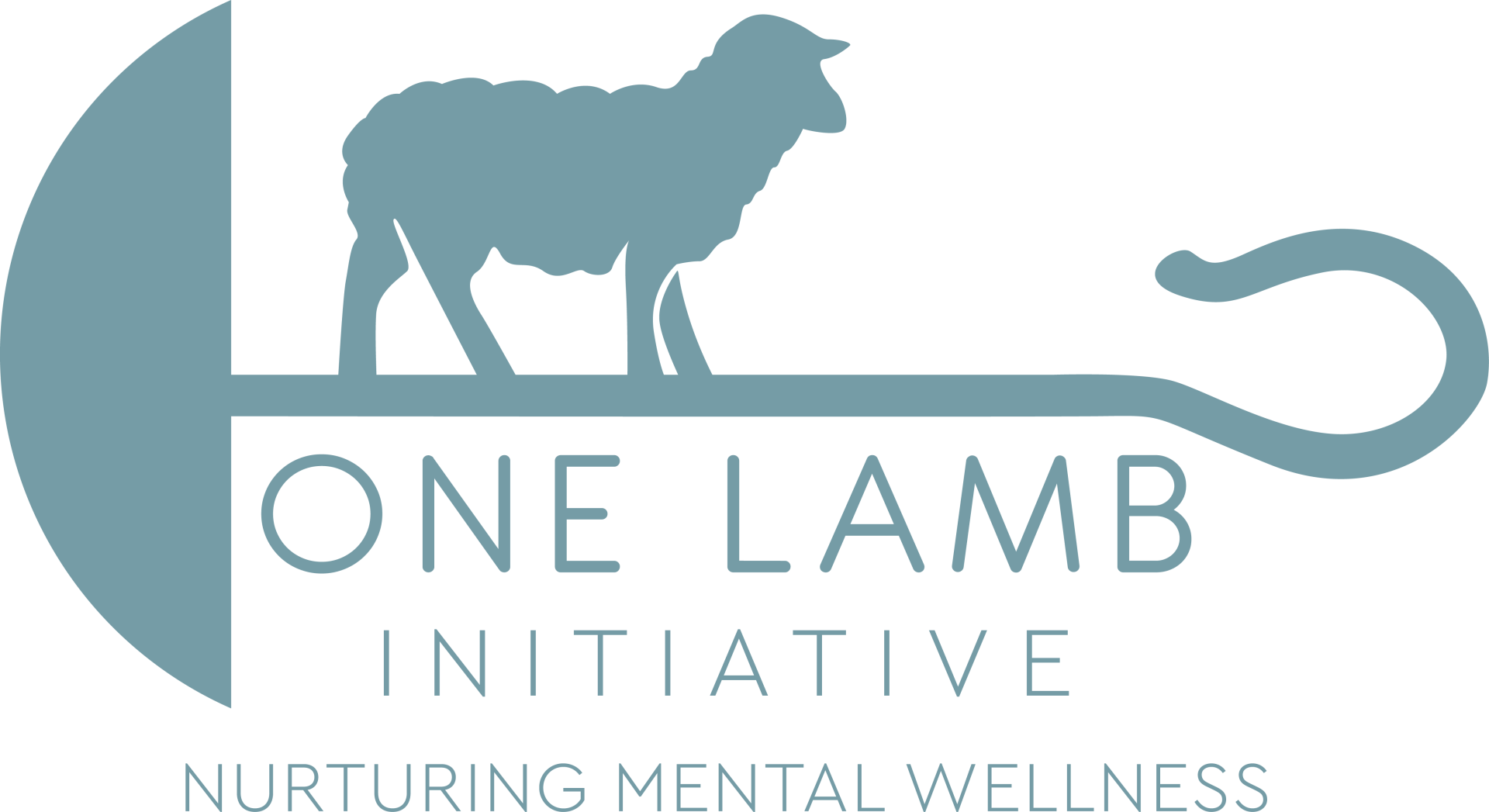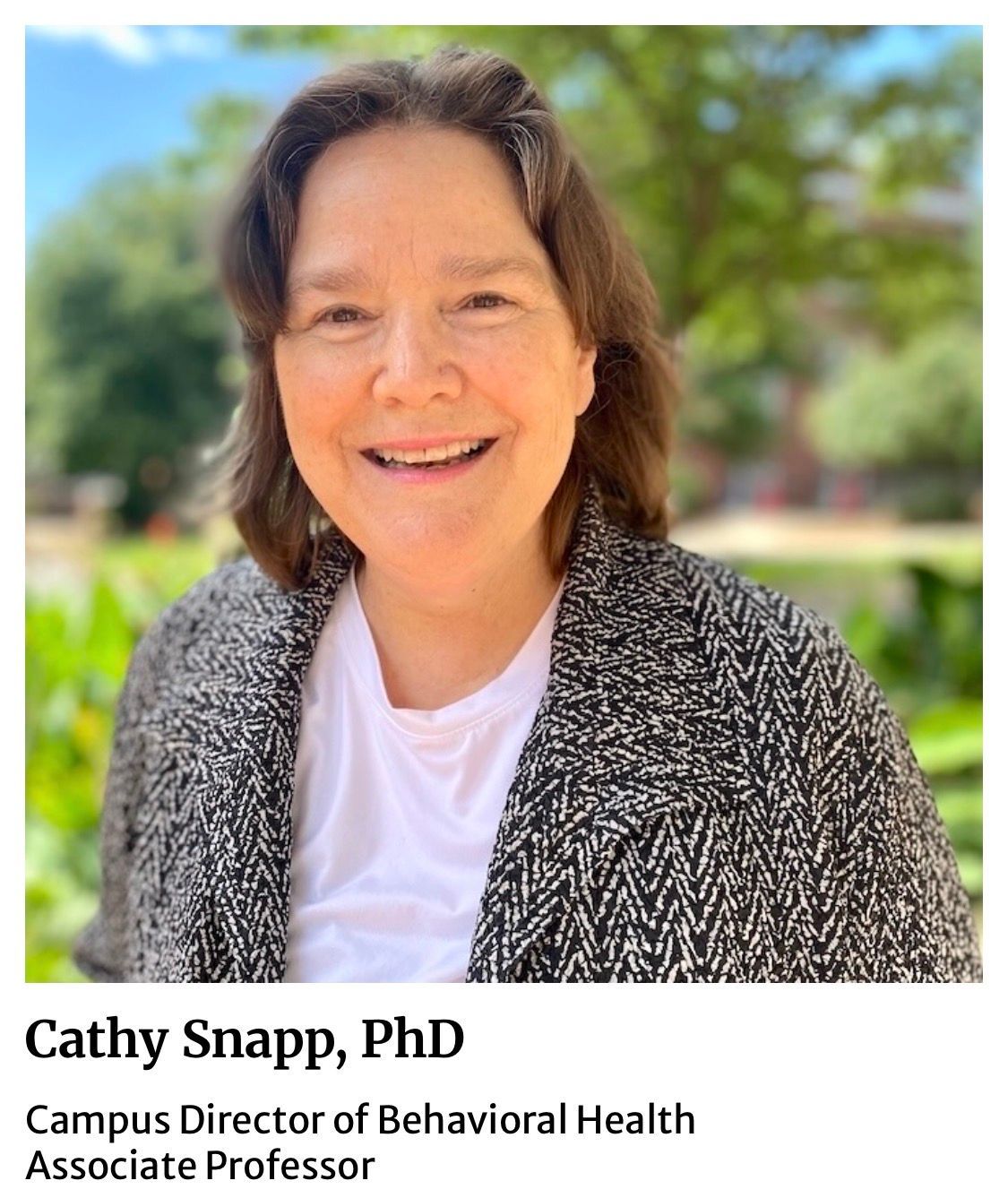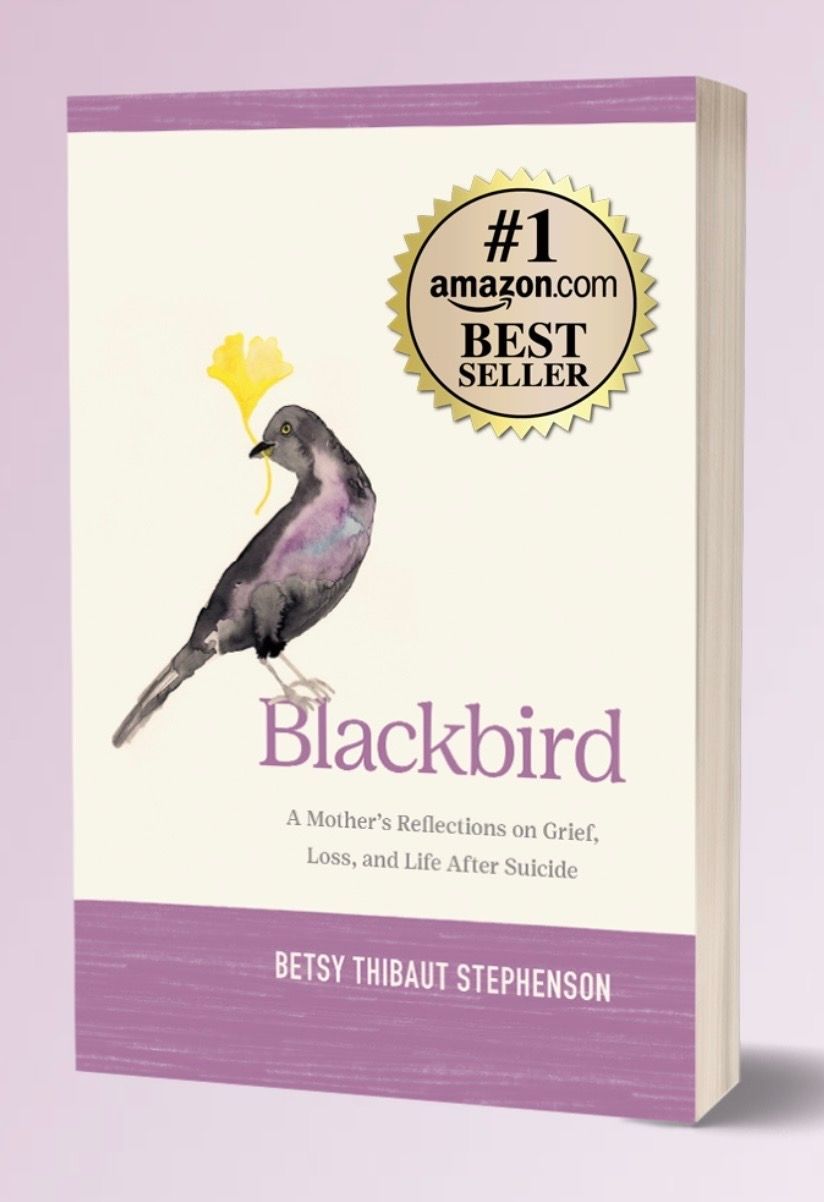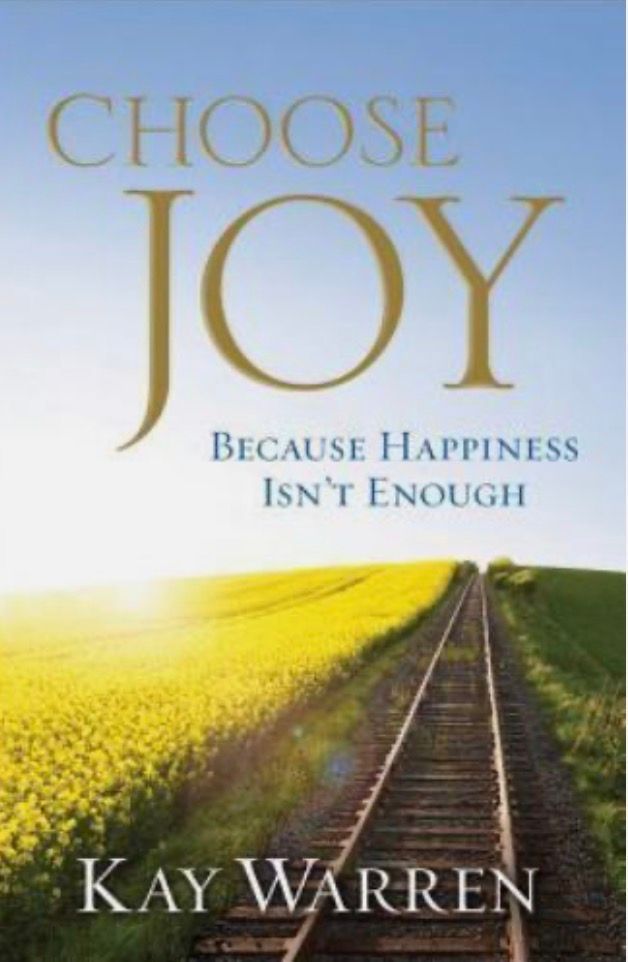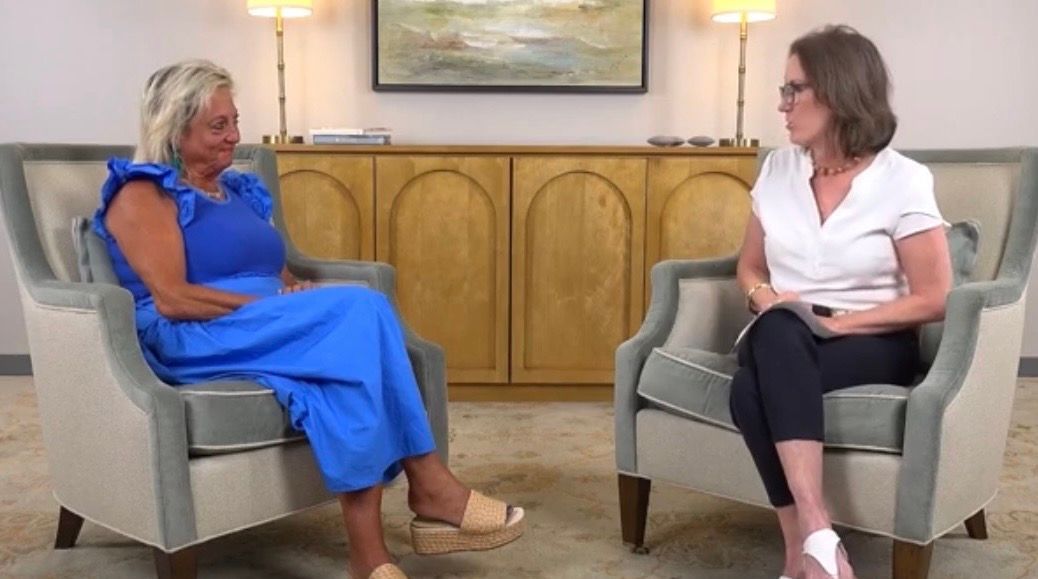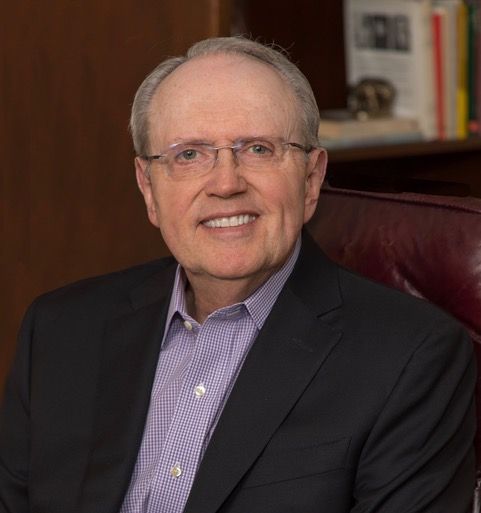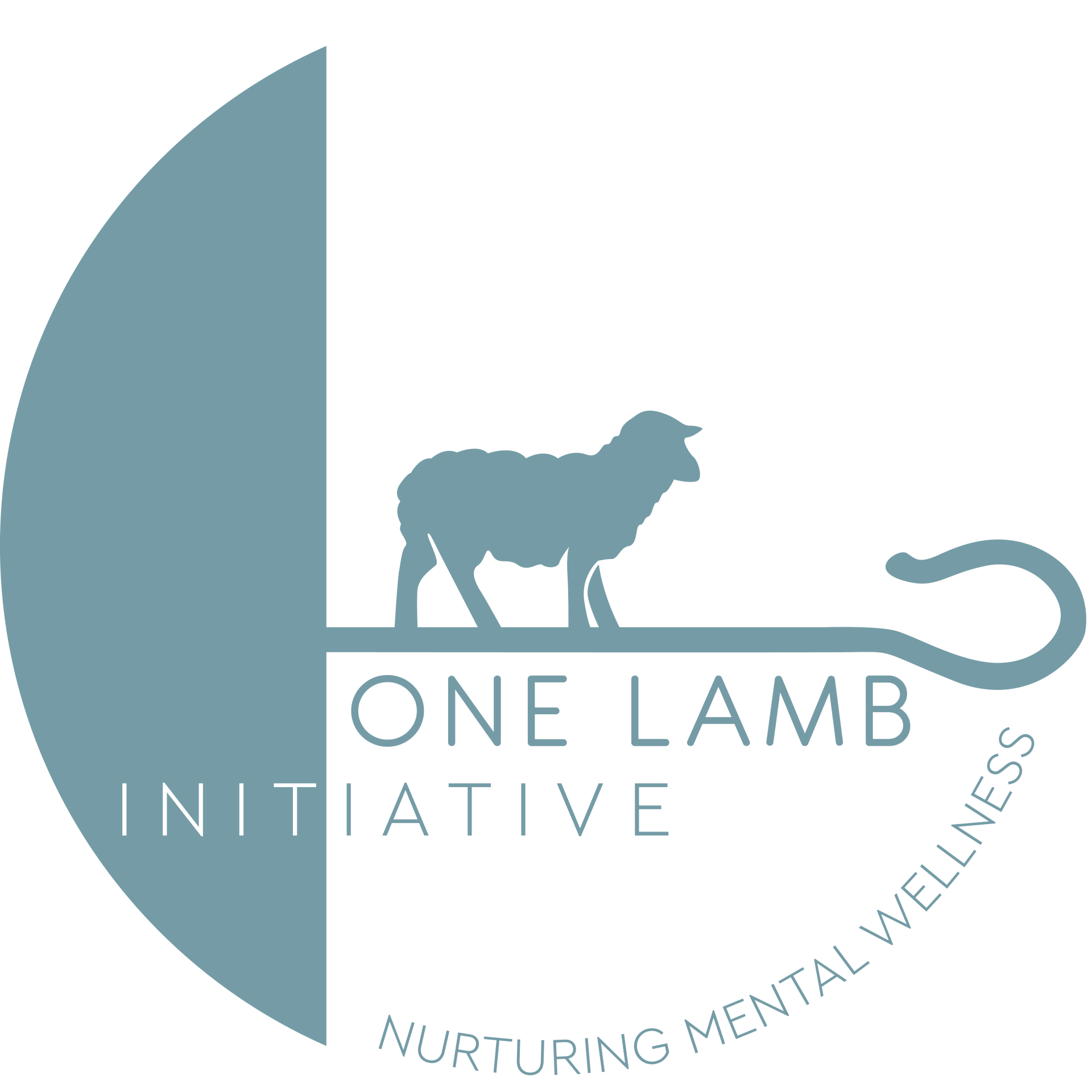
The Empty Chair | Ron Greer
Before “the empty chair” became a metaphor for holiday loss and sadness, it was simply a chair… a chair that was someone’s place at the table. It had been their chair. And now it was empty. They died.
Our son Eric died many years ago, just a month before Thanksgiving. Our older son was still healing from the same accident as the holiday arrived, so there was no possibility of travel to be with extended family. We would be at home together. It was a quiet morning on Thanksgiving Day as the meal was prepared. Then early that afternoon we sat down to eat – just the three of us, at a table for four. There was his chair. Eric’s chair. His place was as empty as our hearts were filled, with grief.
Sadness over the loss of a loved one is always magnified during the holidays. This is especially true for a first Thanksgiving or Christmas. Holidays are synonymous with families gathering. So, if your spouse or your parent or any loved one who has been vital in your life has died, then this holiday may well be a struggle.
There is much wisdom to the notion of the “year of mourning.” Within that year, each of the special days is experienced for the first time without him there. This is “the empty chair” – no matter how many chairs are filled, it is the empty one that is the focus. This season needs to be handled intentionally and thoughtfully.
If you will be grieving over these holidays, let me offer some guidance in these suggestions:
Grieve early – You will need to mourn going into the holidays. The pain will not subside without it. In fact, it will become even more intense. Don’t wait for Thanksgiving or Christmas to arrive and be swept away with your grief. Be open to how you feel as the season approaches.
Mourn fully as each wave of grief comes over you. Holiday grief denied maximizes the likelihood of post-holiday depression. Please know that repression brings depression, while expression brings resurrection – new life for a new day. Give your grief a voice. Cry it out. Talk it out. Write it out (if you journal, and I encourage it).
Plan ahead – Do as few obligatory engagements as possible. Schedule your holidays in ways that will work for you. Keep the traditions that you like, drop those you don’t, and add any new ones that may be good for you now. This year needs to be your holiday. This one needs to be about you. Design it your way, without a hint of guilt.
Take excellent care of yourself – both now and throughout the holiday season.
Seared into my memory is the comment a friend made to me at the hospital, as I walked from visiting one of our sons in ICU back down the hall to check on our other son in his room. I was cordial and friendly, taking a moment to visit with each of those who had come to see us as they lined the hallway. Then I came to Bill. He put a hand on each of my shoulders, squeezed tightly, and with an unmistakable intensity said, “Greer, you ain’t hosting this dadgum function!”
Take excellent care of yourself. Do and attend what you want to do and attend, and do not do or attend what you do not want to do or attend.
Working through all the emotions of these first holidays takes so much energy, engage in whatever recharges and replenishes you. Make time for yourself. Get rest.
Be near to those you love – Plan to surround yourself through the holidays with those who are good for you and enrich you. Be with the people who give you life and energy. Graciously avoid those who don’t.
Identify the one or two special people in your inner circle with whom you can be radically open. Let them know you may need a chat or two with them over the holidays. Then, whenever you need to, call them and pour out your heart. Do not think for a moment you are burdening them. You are not. You are honoring them by inviting them into the inner sanctuary of your heart.
Tell your family and friends what you need – Having decided that this year it’s alright for it to be about you, then communicate clearly to those closest to you what you need. Let them know your preferences for the upcoming holidays. Those who love you will appreciate your candor and direction. They do love you and want to know how.
This will, of course, be your family’s first holiday without their parent or grandparent or brother as well. Ask them in advance how they are feeling and if there is anything special they will need as you begin planning.
Share your memories as a family together – As you sit around the table for that Thanksgiving dinner, instead of ignoring what everyone is thinking, give it a voice. Remember the good times. Retell the stories. “You know, I was just remembering the time that Grandpa…” and suddenly the family is alive with emotion. Stories are told and events remembered about someone so dear. Laughter is heard. A tear or two quietly sneak down someone’s cheek. And out of it all – the telling and the remembering – you will have honored his memory in a most personal way and worked through a bit more of your grief.
Have realistic expectations – This won’t be a Currier & Ives holiday. It will be different. It will be tough. Anticipate times of deep sadness.
Depression is sometimes experienced when expectations that are too high collide with reality. If this is your first year without someone you dearly loved, know that it will be difficult. Don’t set your bar too high and be disappointed. Remember the formula: reality divided by expectations equals happiness. Keep your expectations realistic.
When I ran marathons back-in-the-day, I didn’t set the bar too high. My goal was just to make it through to the finish. Let that be your goal – to have made it through… to have made it through your first holiday season, to have honored his life, and to have savored the company of those you dearly love.
